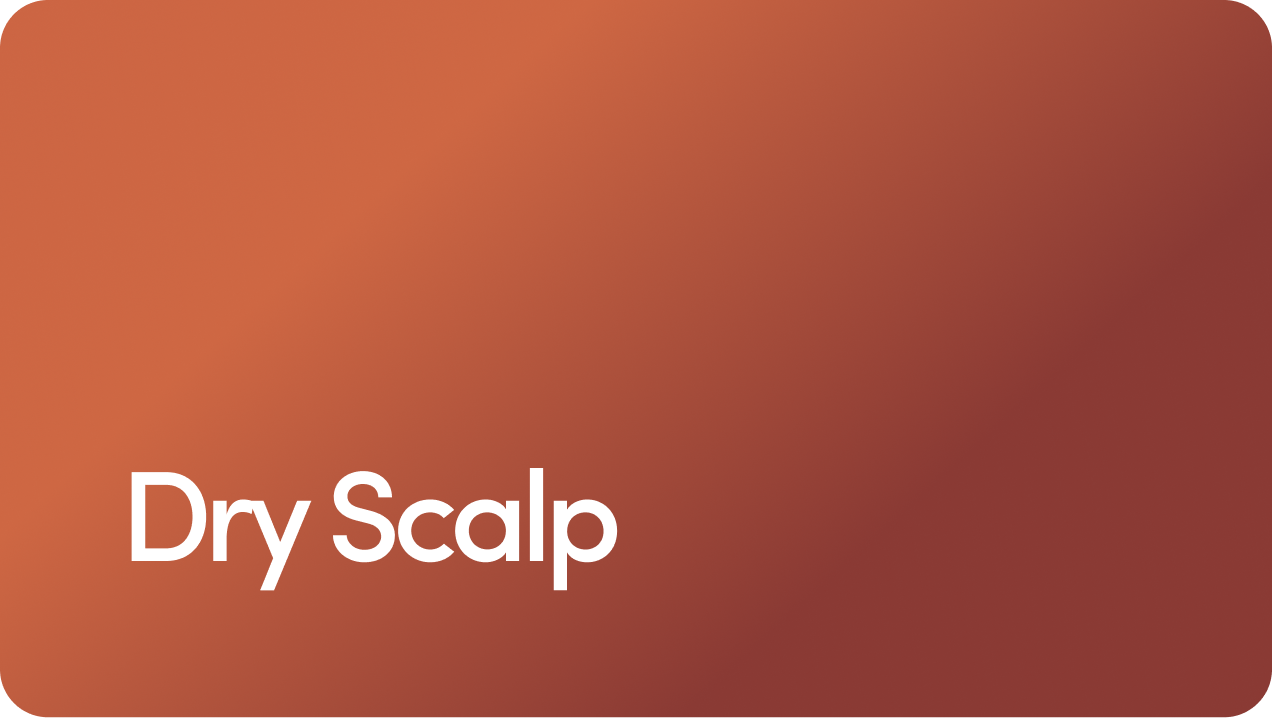Content
Doctor-trusted hair loss treatments
5 Best Hair Thickening Products For Men in 2024
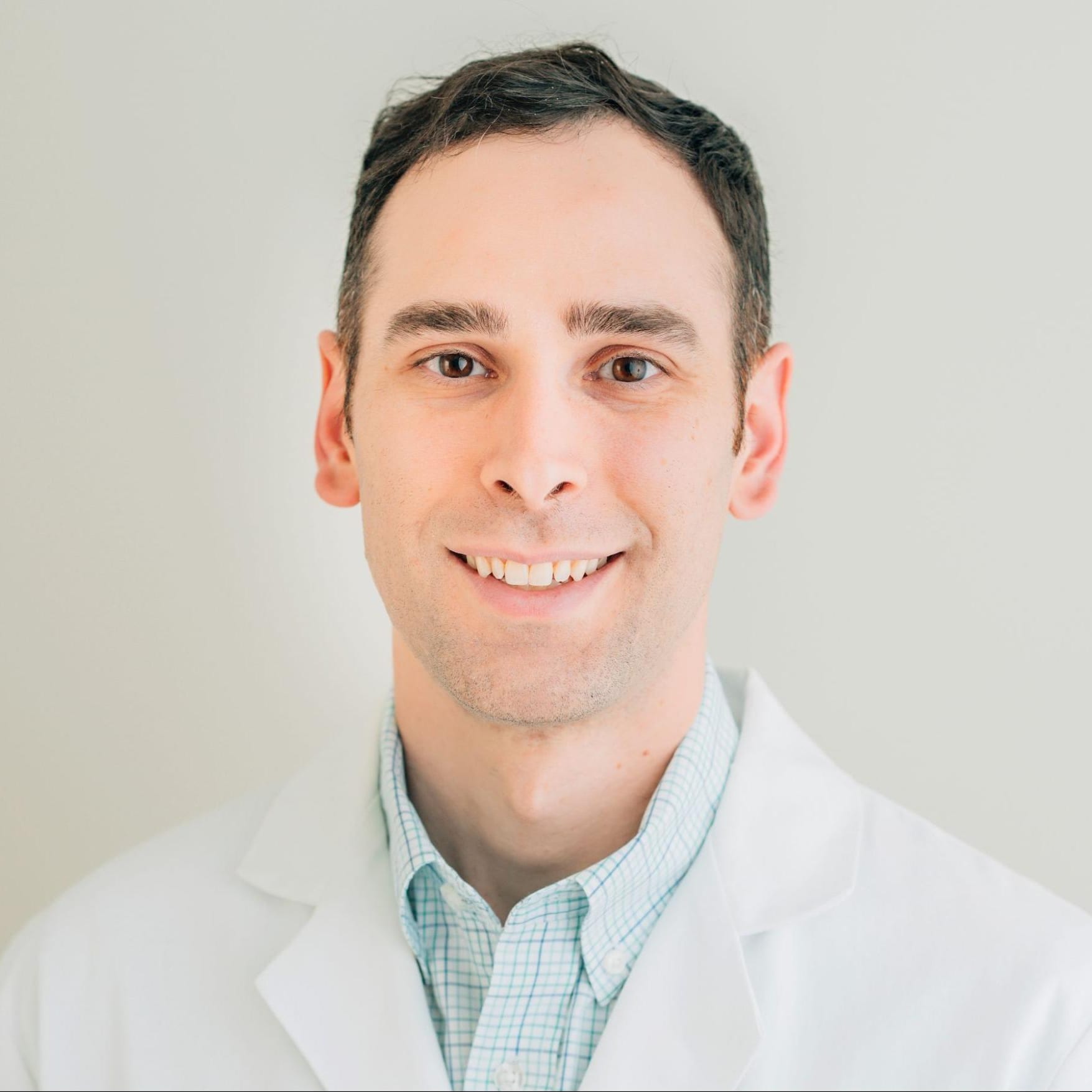
Whether you’re starting to notice more hair in your sink or less hair on your head, hair loss can be stressful.
But it doesn’t have to be so bad — pairing over-the-counter (OTC) and prescription hair thickening products for men can help your hair look healthier and fuller, even if you’re genetically prone to male pattern baldness.
Below, we explain what you can do if you’re noticing the early signs of hair loss and outline the best hair-thickening products for men to help you maintain your hair density as you age.
Content
What Are Hair Thickening Products?
Before we get into specific product recommendations for strengthening your hair strands and getting fuller hair, let’s briefly go over what hair-thickening products are.
Hair thickeners are exactly what they sound like — products that stimulate growth and thicken the hair on your scalp. They include:
Medications approved by the Food and Drug Administration (FDA) that stimulate growth and protect your hair from hormonal damage
Shampoos and conditioners that thicken hair
Hair-friendly supplements
Some of these products can treat androgenetic alopecia (AKA male pattern baldness), while others are all-purpose agents that improve hair growth and strengthen your hair to reduce breakage.
There is a lot of reliable scientific evidence to back FDA-approved medications for treating hair thinning. Other hair-thickening products seem promising but they don’t have quite the same amount of research to support their use just yet.
But let’s dive into our list of best hair thickeners and explore some of the scientific evidence behind them.
So, let’s get down to it. Which products are worth using to thicken your hair, and which aren’t quite worth the price tag?
Currently, the most reliable products for healthy hair growth are minoxidil and finasteride, both approved by the FDA for treating male pattern hair loss. These medications should form the basis of your growth-promoting toolkit if you’re starting to develop hair loss.
Other products that can deliver hair health benefits include shampoos, conditioners and thickening sprays. These can help promote optimal hair thickness and, in some cases, make your hair appear fuller.
Here are the pros and cons of all these treatments.
1. Minoxidil
Minoxidil is a topical hair loss medication that moves your hair into the anagen or growth phase of the hair growth cycle. It also stimulates blood flow to your scalp, ensuring your hair follicles can access the nutrients they need for optimal hair health.
It’s available over the counter as a liquid solution or foam, making it convenient to add to your hair care toolkit.
You apply it to the areas of your scalp affected by hair loss, usually twice a day. Most people who use minoxidil notice its effects after two to four months of consistent use, so it’s important to use it regularly for optimal results.
As an FDA-approved medication, minoxidil is backed up by a large amount of research showing that it’s safe and effective for promoting hair fullness.
For example, one 2004 study of minoxidil published in the Journal of the American Academy of Dermatology found that more than 84 percent of men affected by hair loss rated it as very effective, effective or moderately effective for stimulating hair regrowth.
Minoxidil can cause side effects, but these are typically mild and rarely cause folks to stop using it as a hair loss treatment.
Pros:
FDA-approved
Proven effective for treating male pattern baldness
Available without a prescription
Cons:
Takes time to work
2. Finasteride
Finasteride is a prescription oral medication for thinning hair. Unlike minoxidil, which stimulates hair growth at the scalp level, finasteride stops your body from converting testosterone to dihydrotestosterone (DHT), a hormone that plays a role in male pattern baldness.
If you’re genetically predisposed to baldness, DHT can cause your hair follicles to slowly shrink in diameter, a process known as hair miniaturization. This affects your ability to grow thick, healthy hair.
Our guide to DHT and male hair loss explains the relationship between DHT and damaged hair in more detail.
Enter finasteride.
Finasteride shields your hair from the effects of DHT, preventing genetic hair loss from worsening. It can also stimulate regrowth, giving you some extra thickness while protecting you from further baldness.
Like minoxidil, finasteride is backed up by a lot of scientific research.
One study published in the journal Dermatologic Therapy found that over 80 percent of balding men treated with finasteride showed improvements after one year.
The same study also found that finasteride works even better when used with minoxidil, with 94.1 percent of men who used both medications showing improvements during the same period.
Finasteride can cause side effects, including issues like erectile dysfunction (ED). But these only occur in a small percentage of men, with the vast majority reporting positive results with few problems.
We offer finasteride online, following a consultation with a licensed healthcare provider who will determine if a prescription is appropriate. We also offer a hair loss spray that combines finasteride and minoxidil in a potent once-a-day formula.
Pros:
FDA-approved
Proven effective for treating male pattern baldness
Easy to use
Cons:
Requires a prescription
Can take time to see visible results
3. Hair Thickening Shampoo and Conditioner
When you’re looking to grow a thicker head of hair, it’s important to promote scalp health with the right kind of shampoo, conditioner and other hair products for your hair type.
Many shampoos contain ingredients that target damage at the scalp level, helping to slow down or prevent hair loss. For example, our hair thickening shampoo contains key ingredients like saw palmetto to reduce DHT-related damage. Saw palmetto also moisturizes and provides weightless volume.
Similarly, our thickening conditioner is formulated by dermatologists and contains niacinamide to promote healthy hair and add hydration to dull, flat hair.
Different types of hair, especially artificially colored or chemically treated hair, need different thickening shampoo and conditioner formulations, so be sure to read product labels carefully.
Volumizing shampoo and conditioner, which cleanse your strands and provide lift to make your hair appear thicker, are other options. These hair products help remove excess build-up from ingredients like sulfates and parabens that can weigh down your strands and even contribute to further hair loss.
Another option? Our dandruff detox shampoo contains pyrithione zinc and salicylic acid to help treat dandruff-related irritation and hair fall.
Our guide to what to look for in a men’s hair loss shampoo highlights active ingredients worth your attention, from saw palmetto to ketoconazole, salicylic acid and more.
Pros:
Readily available over the counter
Can help make hair look thicker
Inexpensive
Cons:
Doesn’t directly treat hair loss
4. Hair Oils
If you’ve ever searched for natural hair thickening products, you’ve likely seen various hair oils recommended for stimulating growth, providing UV protection and helping your hair stay dense, thick and healthy.
Popular oils used in hair care products include tea tree oil, peppermint oil, argan oil, jojoba seed oil, castor oil and pumpkin seed oil. Many of these ingredients have a high fatty acid content, which may help to protect hair and prevent issues such as a dry scalp.
Currently, the scientific evidence for the effectiveness of hair oils in treating hair loss is limited, and most studies have been small in size.
However, some hair care products containing oils and other natural ingredients may be a helpful addition to your general hair care routine, especially if you use them alongside science-based hair thickening products such as minoxidil and finasteride.
Our list of natural oils for hair growth covers the latest scientific research on using natural oils to improve your hair health and explains which ingredients are worth looking for.
Pros:
Easy to find in OTC products
Can help with issues like dryness
Cons:
Limited research on benefits
5. Dry Shampoo and Hair Thickening Sprays
Dry shampoo is a multi-purpose hair styling product that can eliminate excess scalp oil and help you freshen up between washes. You apply it directly to dry hair — no H2O required.
While dry shampoo doesn’t physically make your hair thicker, it can give fine hair a fuller look by improving its texture and volume.
Similarly, hair thickening sprays can create the appearance of thicker hair by coating the hair shaft and providing additional volume.
For the best results, try using these products as needed while promoting stronger, better hair growth using minoxidil and finasteride.
Pros:
Available over the counter
Helps improve hair volume
Refreshes hair between washes
Cons:
Doesn’t directly treat hair loss
When it comes to stimulating growth, preventing hair loss and maximizing your hair’s potential, minoxidil and finasteride are the best hair-thickening products on the market. Both are easy to use and, most importantly, highly effective at promoting thicker, healthier hair growth.
Other products, such as a good quality thickening shampoo and conditioner, can also enhance your hair’s appearance and keep it in an optimal state for sustained growth.
We offer a range of men’s hair loss treatments online that you can use to grow thicker, healthier hair, including those FDA-approved medications.
When used effectively, these products can keep your hair healthy and looking its best, all while limiting DHT-related damage.
If you’re still looking to learn more about how to get thicker hair, our guide on how to get thicker hair for men will tell you everything you need to know.
Not sure where or how to get started with reversing hair loss? Get an online hair loss consultation or learn more about your options for promoting hair growth and thickness using our detailed guide to the most effective treatments for thinning hair.
5 Sources
- Rafi, A. W., & Katz, R. M. (2011). Pilot Study of 15 Patients Receiving a New Treatment Regimen for Androgenic Alopecia: The Effects of Atopy on AGA. ISRN dermatology, 2011, 241953. https://doi.org/10.5402/2011/241953. Retrieved from https://www.ncbi.nlm.nih.gov/pmc/articles/PMC3262531/.
- Suchonwanit, P., Thammarucha, S., & Leerunyakul, K. (2019). Minoxidil and its use in hair disorders: a review. Drug design, development and therapy, 13, 2777–2786. https://doi.org/10.2147/DDDT.S214907. Retrieved from https://www.ncbi.nlm.nih.gov/pmc/articles/PMC6691938/.
- Hair loss: Diagnosis and treatment. (n.d.). Retrieved March 13, 2021, from https://www.aad.org/public/diseases/hair-loss/treatment/diagnosis-treat.
- Do you have hair loss or hair shedding? (n.d.). Retrieved January 11, 2021, from https://www.aad.org/public/diseases/hair-loss/insider/shedding.
- Burg, D., Yamamoto, M., Namekata, M., Haklani, J., Koike, K., & Halasz, M. (2017). Promotion of anagen, increased hair density and reduction of hair fall in a clinical setting following identification of FGF5-inhibiting compounds via a novel 2-stage process. Clinical, cosmetic and investigational dermatology, 10, 71–85. https://doi.org/10.2147/CCID.S123401. Retrieved from https://www.ncbi.nlm.nih.gov/pmc/articles/PMC5338843/
Editorial Standards
Hims & Hers has strict sourcing guidelines to ensure our content is accurate and current. We rely on peer-reviewed studies, academic research institutions, and medical associations. We strive to use primary sources and refrain from using tertiary references. See a mistake? Let us know at [email protected]!
This article is for informational purposes only and does not constitute medical advice. The information contained herein is not a substitute for and should never be relied upon for professional medical advice. Always talk to your doctor about the risks and benefits of any treatment. Learn more about our editorial standards here.
Knox Beasley, MD
Education
Bachelor of Science, Life Sciences. United States Military Academy.
Doctor of Medicine. Tulane University School of Medicine
Training
Dermatology Residency. San Antonio Uniformed Services Health Education Consortium
Certifications
Board Certified. American Board of Dermatology
Medical Licenses
Dr. Beasley is licensed in all 50 states
Affiliations & Memberships
Fellow, American Academy of Dermatology
Specialties & Areas of Focus
Hair Loss, Dermatology
Years of Experience
10 years of clinical practice as a Dermatologist
Previous Work Experience
Medical Director - YouHealth Medical Groups, 2025–
Private practice, 2024–
Chief of Dermatology - , 2015–2019
Publications
Wilson, L. M., Beasley, K. J., Sorrells, T. C., & Johnson, V. V. (2017). Congenital neurocristic cutaneous hamartoma with poliosis: A case report. Journal of cutaneous pathology, 44(11), 974–977.
Banta, J., Beasley, K., Kobayashi, T., & Rohena, L. (2016). Encephalocraniocutaneous lipomatosis (Haberland syndrome): A mild case with bilateral cutaneous and ocular involvement. JAAD case reports, 2(2), 150–152.
Patterson, A. T., Beasley, K. J., & Kobayashi, T. T. (2016). Fibroelastolytic papulosis: histopathologic confirmation of disease spectrum variants in a single case. Journal of cutaneous pathology, 43(2), 142–147.
Beasley, K., Panach, K., & Dominguez, A. R. (2016). Disseminated Candida tropicalis presenting with Ecthyma-Gangrenosum-like Lesions. Dermatology online journal, 22(1), 13030/qt7vg4n68j.
Kimes, K., Beasley, K., & Dalton, S. R. (2015). Eruptive milia and comedones during treatment with dovitinib. Dermatology online journal, 21(9), 13030/qt8kw141mb.
Miladi, A., Thomas, B. C., Beasley, K., & Meyerle, J. (2015). Angioimmunoblastic t-cell lymphoma presenting as purpura fulminans. Cutis, 95(2), 113–115.
Beasley K, Dai JM, Brown P, Lenz B, Hivnor CM. (2013). Ablative Fractional Versus Nonablative Fractional Lasers – Where Are We and How Do We Compare Differing Products?. Curr Dermatol Rep, 2, 135–143.
Siami P, Beasley K, Woolen S, Zahn J. (2012). A retrospective study evaluating the efficacy and tolerability of intra-abdominal once-yearly histrelin acetate subcutaneous implant in patients with advanced prostate cancer. UroToday Int J, June 5(3), art 26.
Siami P, Beasley K. (2012). Dutasteride with As-Needed Tamsulosin in Men at Risk of Benign Prostate Hypertrophy Progression. UroToday Int J, Feb 5(1), art 93. https://www.urotoday.com/volume-5-2012/vol-5-issue-1/48691-dutasteride-with-as-needed-tamsulosin-in-men-at-risk-of-benign-prostatic-hypertrophy-progression.html
Why I Practice Medicine
Dr. Beasley began doing telemedicine while serving in the U.S. Army, providing dermatologic care for soldiers stationed around the world. This experience sparked his passion for telemedicine and inspired his commitment to expanding access to healthcare for patients across the United States.
Hobbies & Interests
In his free time, Dr. Beasley enjoys cooking, reading, and trips to the beach with his wife and two kids (with sunscreen of course).
Related Articles
Related Conditions
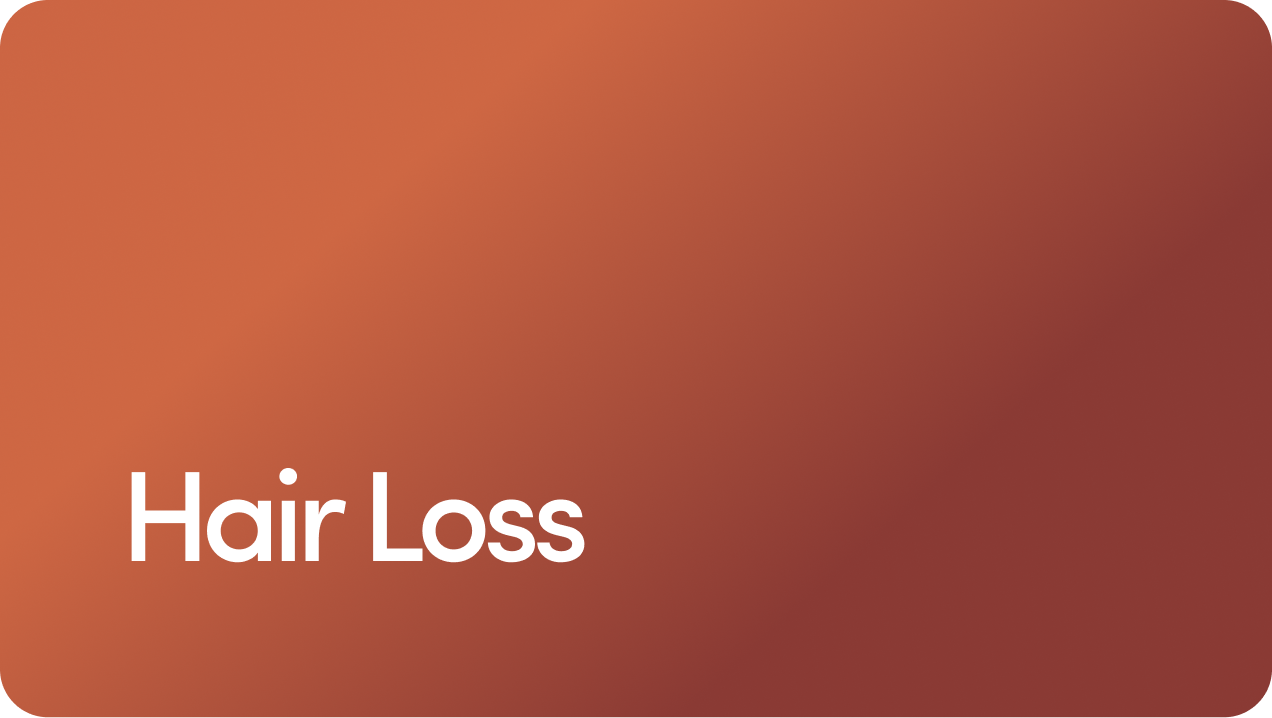 Hair Loss
Hair Loss
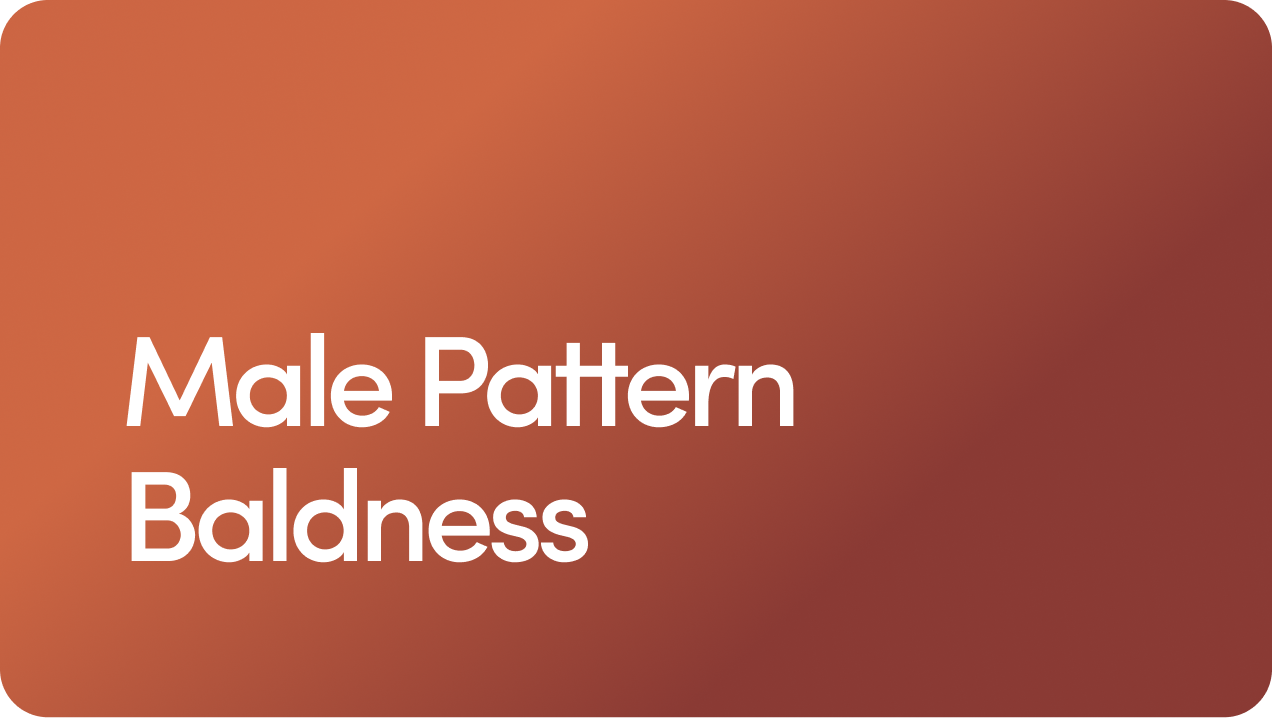 Male Pattern Baldness
Male Pattern Baldness
 Dandruff
Dandruff
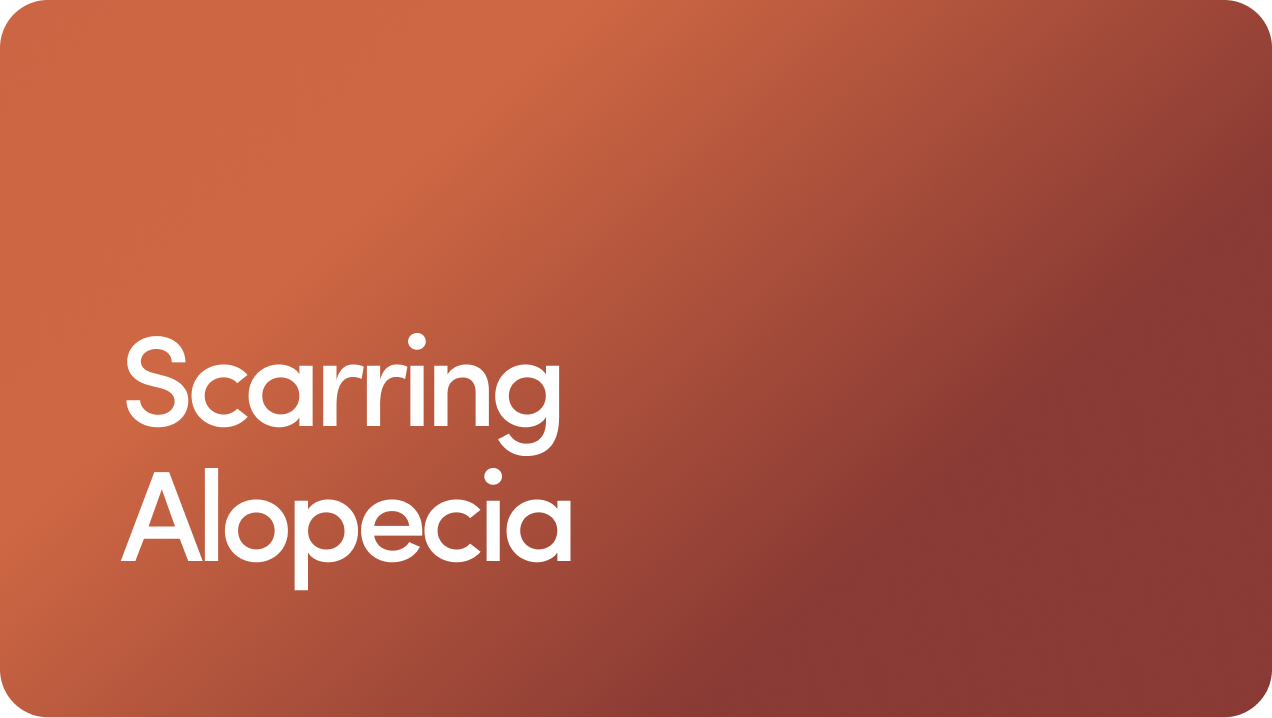 Scarring Alopecia
Scarring Alopecia
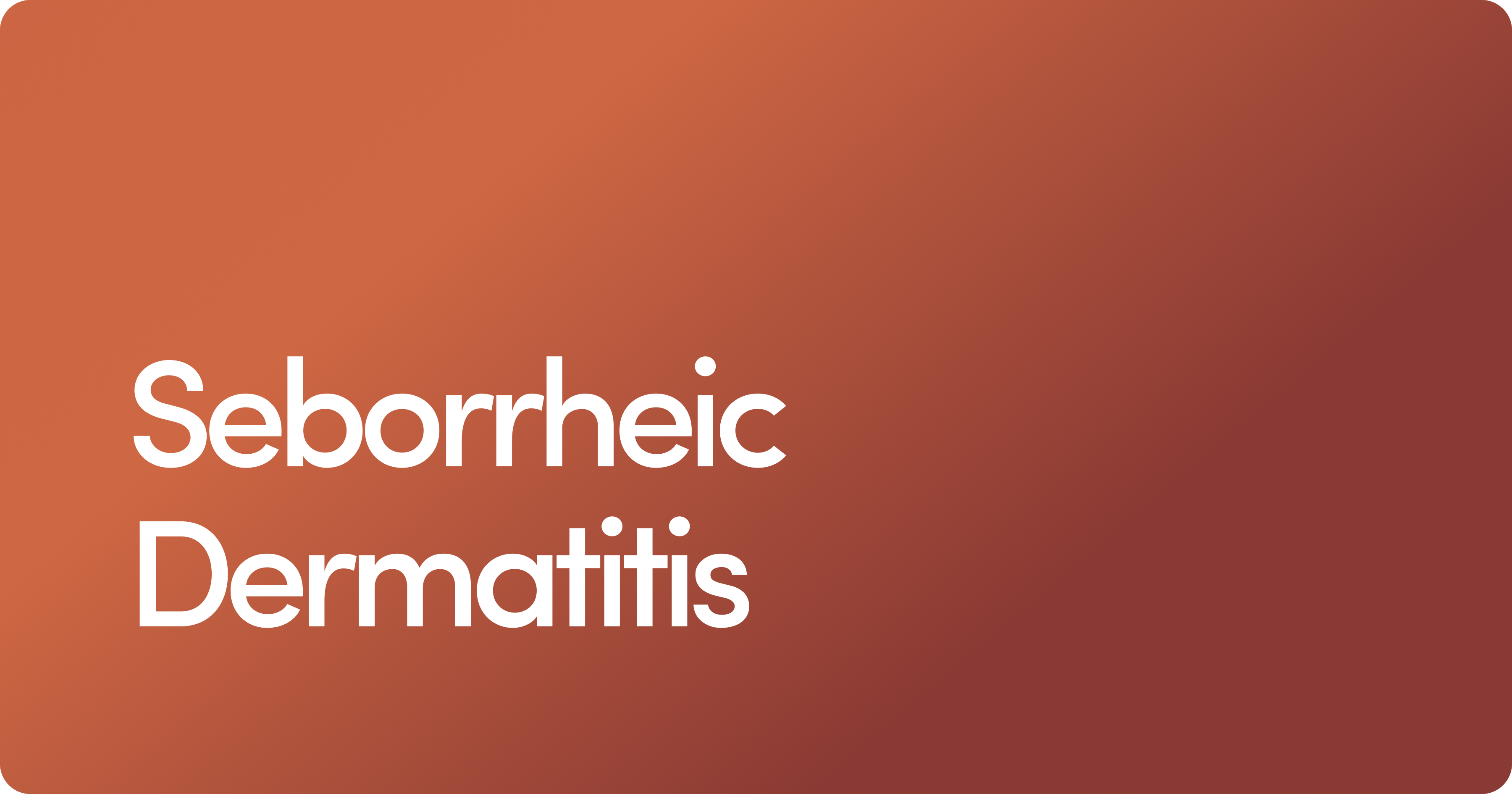 Seborrheic Dermatitis
Seborrheic Dermatitis
